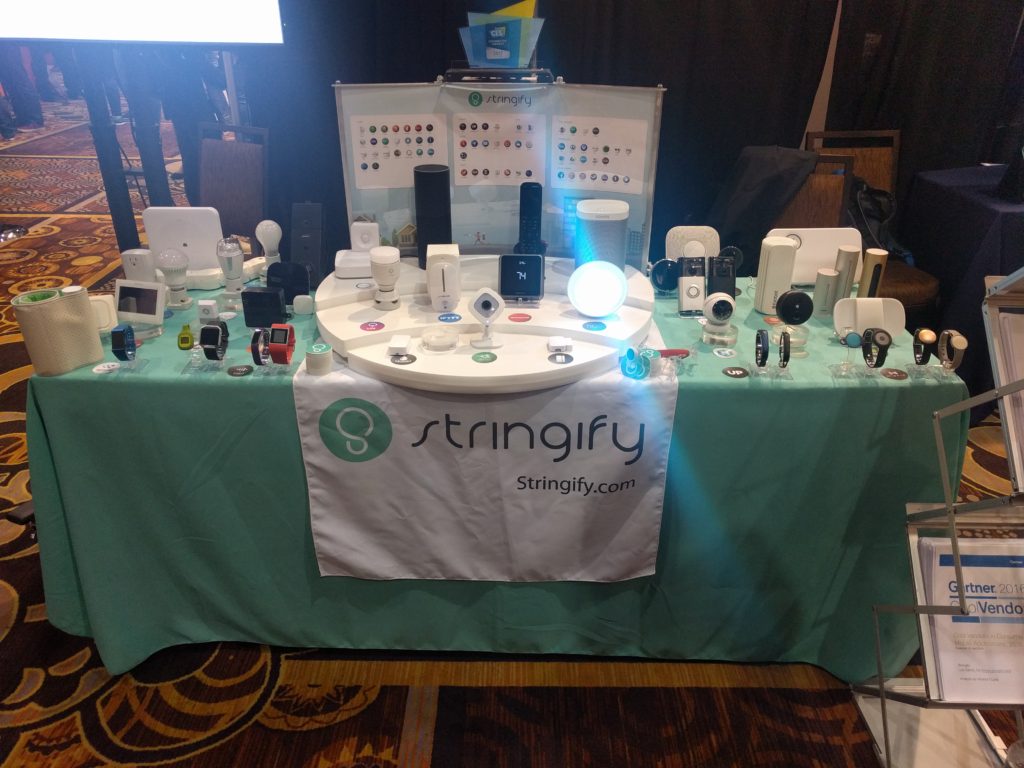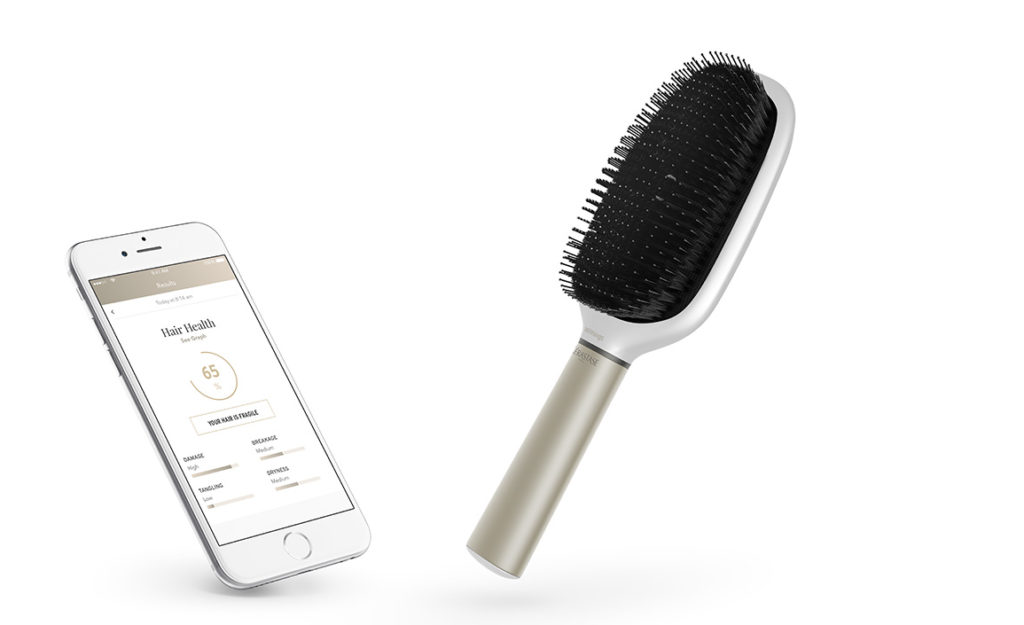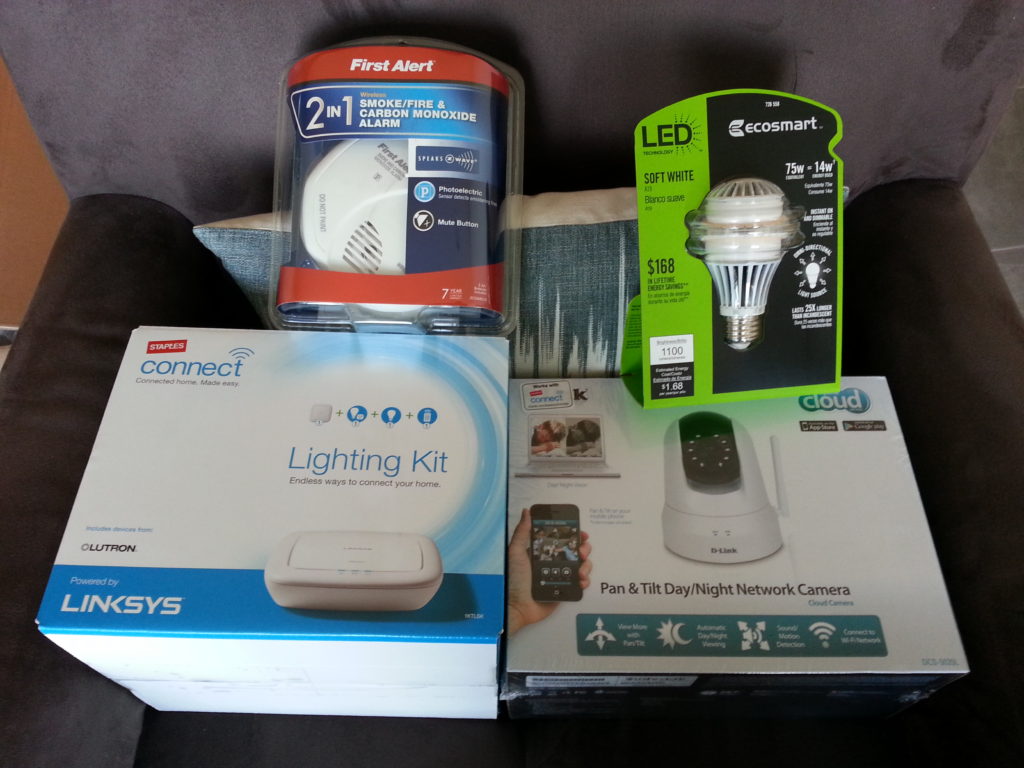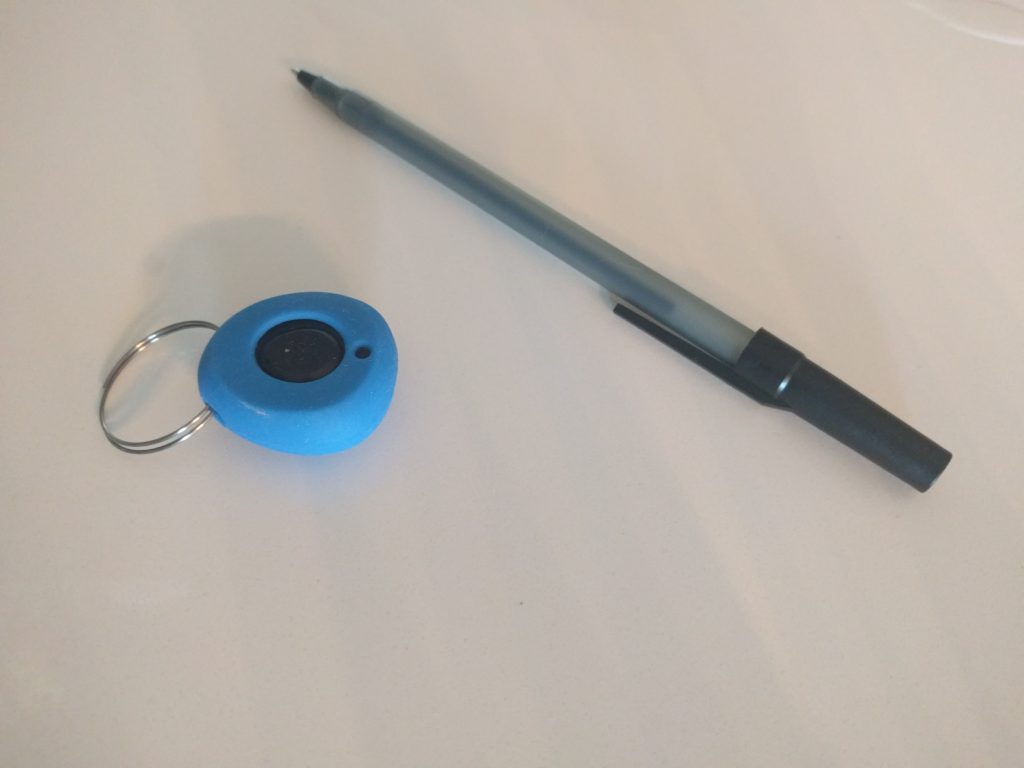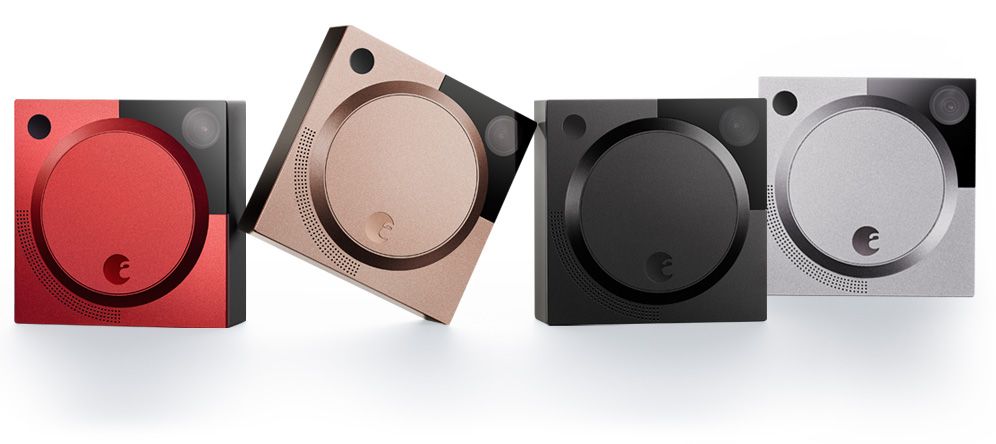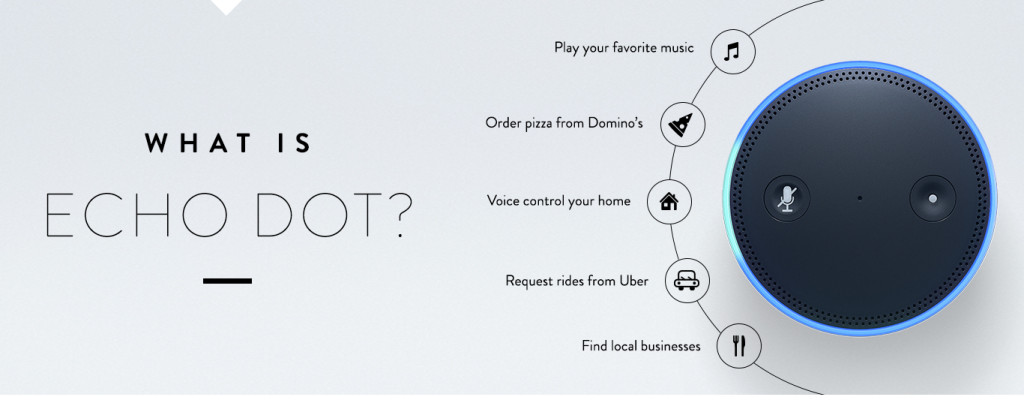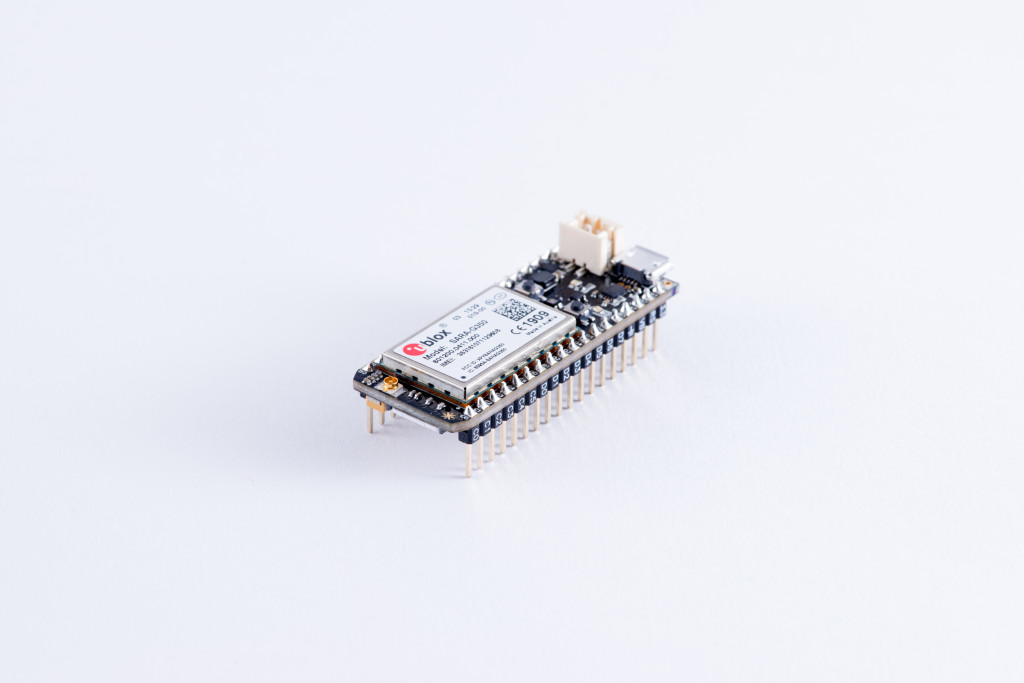Whelp, I’m back from CES with the obligatory cold, thinking over many of the conversations I had and the gadgets I saw. Some of that bubbles up in this show, with talk of Amazon Alexa Voice Services taking a star turn at the event, my thesis that industrial IoT is going to be where the real opportunities are and Kevin and I trying to parse the idea of Fitbit having an app store. We also talked about Carnival’s connected cruise ship concept, and why I believe that is worth keeping an eye on. I also review my GE Z-wave hinge pin sensor and we discuss Comcast’s new Wi-Fi software and gateway.
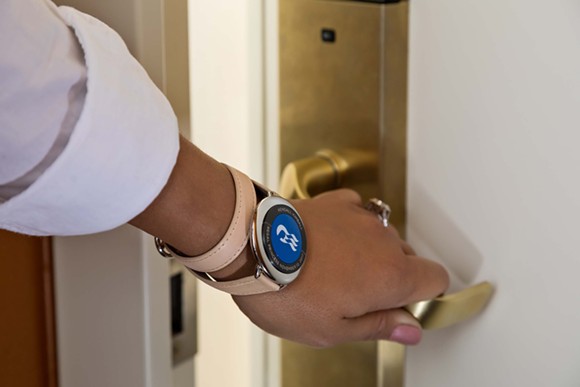
And for everyone who woke up in 2017 with the plan to make a device, I brought on maker extraordinaire Dr. Lucy Rogers to inspire you. Five years ago Rogers picked up a soldering iron and taught herself how to build connected products. Now she does it for a living. And some of her work involves dinosaurs! Listen up to learn more.
Hosts: Stacey Higginbotham and Kevin Tofel
Guest: Dr. Lucy Rogers of Makertorium
Sponsors: Dell and Level Education
- Why Amazon’s approach is winning
- Cruising goes high tech
- Forget smart home and go industrial
- Make your own connected transit notification light
- Hack a toy dinosaur!
Podcast: Play in new window | Download | Embed
Subscribe: RSS

